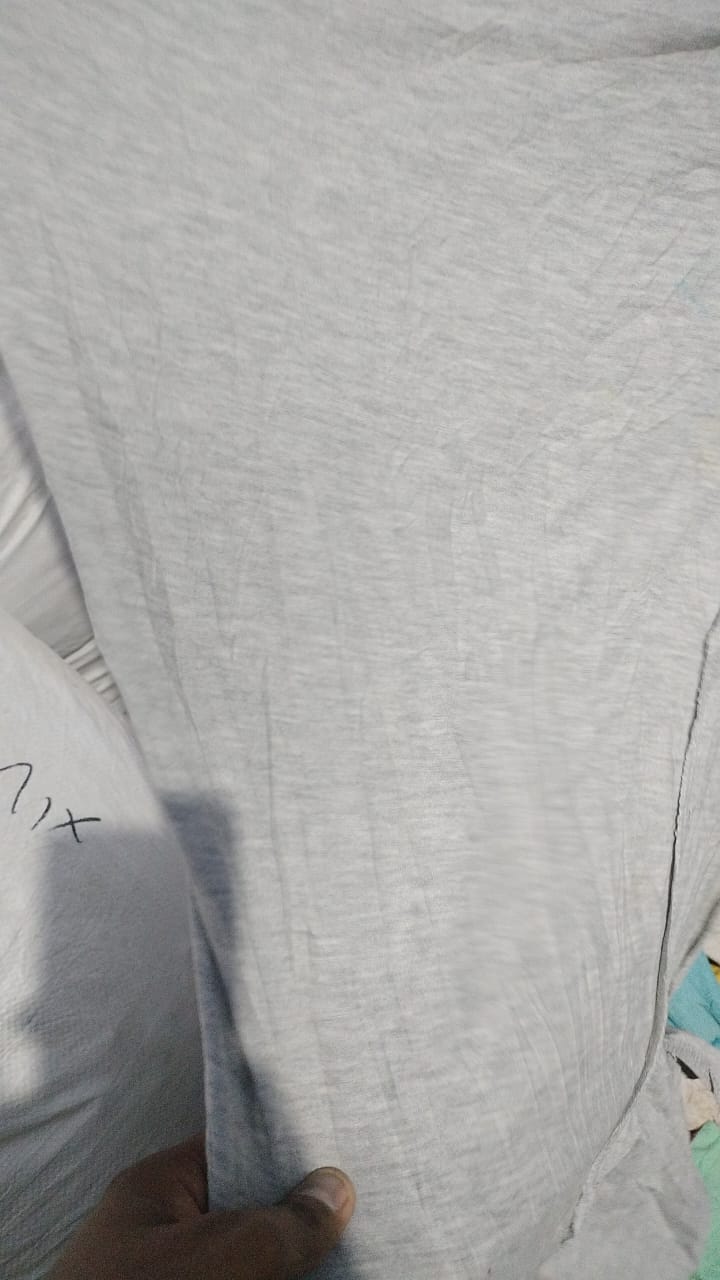In the bustling city of Surat, known for its vibrant textile industry, Ramesh Patel faces a challenge that many in the fabric business encounter. As the owner of a small but growing textile manufacturing company, Ramesh is constantly seeking raw materials that are both high-quality and cost-effective. However, as the demand for sustainable practices grows, he finds himself at a crossroads. How can he maintain the quality of his products while also embracing eco-friendly practices?
Ramesh’s journey is not unlike that of many small business owners in India. His company, Patel Textiles, started as a small operation with a handful of employees and a vision to produce quality fabric for local markets. As his business grew, so did his awareness of the environmental impact of the textile industry. The heavy reliance on new cotton not only strained his budget but also contributed to excessive waste and pollution.
Enter the unsung hero of sustainable textile production cotton T-shirt waste. This often-overlooked material is a treasure trove for businesses like Ramesh’s. By repurposing T-shirt waste, he found a practical solution that addressed both his business needs and his environmental concerns.
The Problem High Costs and Environmental Impact
Ramesh's primary challenge was the high cost of raw cotton and the increasing pressure to adopt sustainable practices. The textile industry in India is one of the largest polluters, and the demand for eco-friendly products is at an all-time high. For Ramesh, finding an alternative that didn’t compromise on quality was crucial.
Cotton T-shirt waste offered a viable solution. This material is abundant, affordable, and aligned with sustainable practices. By incorporating T-shirt waste into his production process, Ramesh could reduce his reliance on new cotton, thus lowering costs and minimizing environmental impact.
The Solution Repurposing Cotton T-Shirt Waste
Ramesh's first step was to source cotton T-shirt waste from local suppliers. He was pleasantly surprised by the quality of the material. The waste, often discarded by larger manufacturers, was perfect for producing recycled fabric. This process not only reduced waste but also gave new life to materials that would otherwise end up in landfills.
The benefits were immediate. Ramesh noticed a significant reduction in raw material costs, allowing him to allocate resources to other areas of his business, such as marketing and expansion. Moreover, his commitment to sustainability attracted a new wave of environmentally-conscious customers, eager to support a business that prioritized the planet.
in Success
Ramesh’s journey with Patel Textiles is a testament to the potential of cotton T-shirt waste in transforming business practices. By 2022, his company had increased production by 30% while reducing costs by 20%. The shift to sustainable practices also opened doors to new markets, both locally and internationally.
For instance, a partnership with a European eco-fashion brand further expanded his reach, showcasing how Indian businesses can lead the way in sustainable textile production. Through word-of-mouth and strategic marketing, Ramesh positioned Patel Textiles as a pioneer in eco-friendly practices, inspiring other local businesses to follow suit.
A Brighter, Greener Future
Ramesh’s story is a powerful reminder of the impact that thoughtful resource management can have on both a business and the environment. Cotton T-shirt waste is more than just an alternative material; it is a pathway to a sustainable future for the textile industry in India.
As Ramesh continues to grow his business, he remains committed to innovation and sustainability. His journey serves as inspiration for small business owners across India, proving that with the right resources and mindset, it’s possible to turn waste into wealth.
By embracing cotton T-shirt waste, businesses like Patel Textiles not only solve immediate challenges but also contribute to a larger movement towards a more sustainable and prosperous future.
Visit Vyaparify Site:
https://id.vyaparify.com/sharda-enterpriseLocation:
https://www.google.com/maps/place/Sharda+Enterprise/@22.9588106,72.6488951,17z/data=!3m1!4b1!4m6!3m5!1s0x395e89d48f9579cb:0xb919d953e31add88!8m2!3d22.9588057!4d72.65147!16s%2Fg%2F11s8wxxwmg?entry=ttu 
